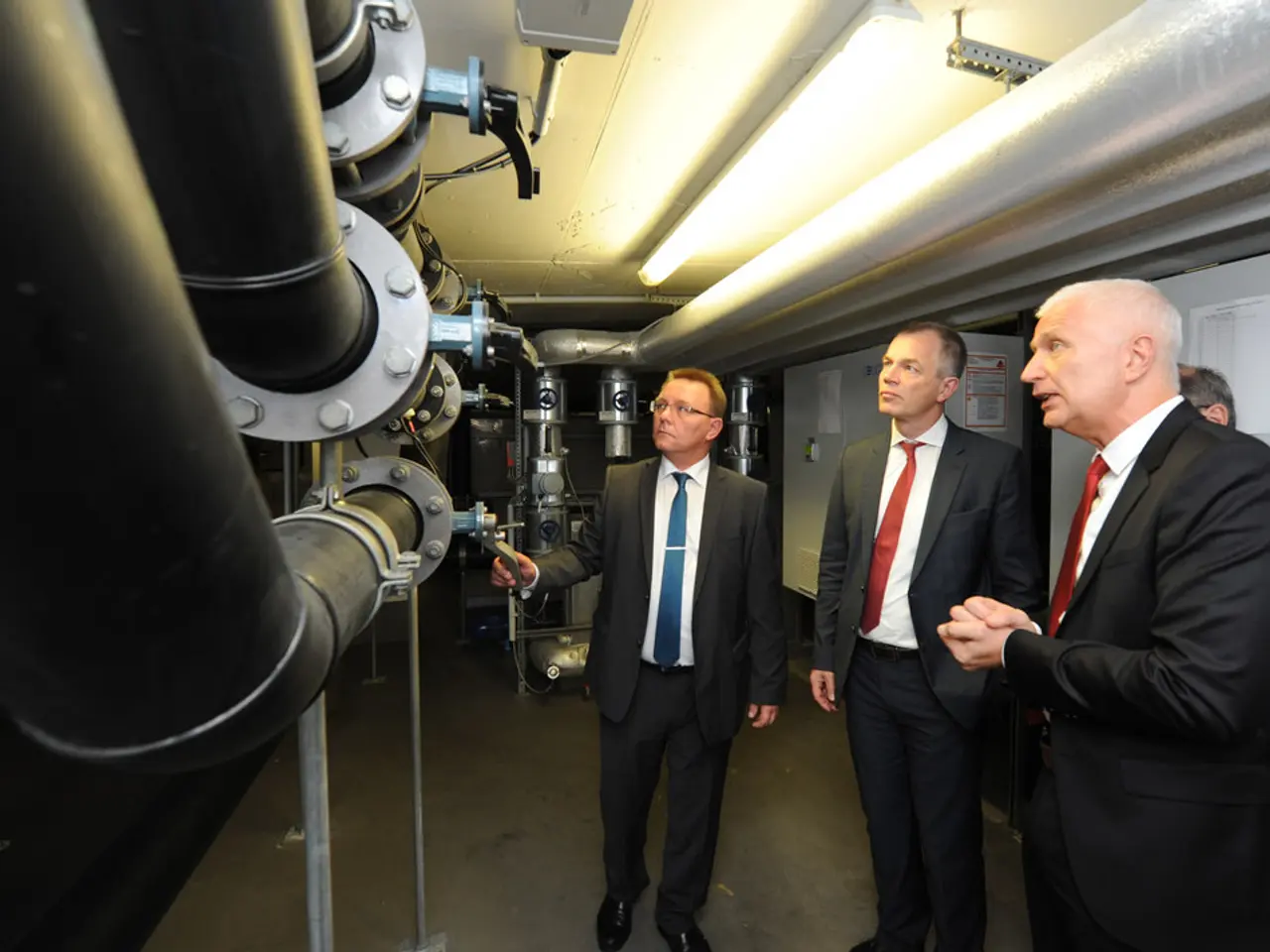Layoffs at Motional Affect 40% of Workforce, Indicating Potential Rough Patch for Self-Driving Car Sector
**Motional Undergoes Significant Restructuring Amidst Autonomous Vehicle Industry Evolution**
In the rapidly evolving autonomous vehicle (AV) industry, Motional, a self-driving tech company, is making strategic adjustments to its operations. The company, which has been actively testing robotaxi services in cities like Las Vegas, has recently announced a series of changes, including layoffs and refocusing its strategy.
The AV industry is seeing substantial investments and advancements, particularly in the development of Level 4 vehicles and robotaxis. Companies like General Motors and Hyundai have committed billions of dollars to electric and autonomous vehicle development. Motional, through its joint venture with Aptiv, has invested $4 billion, with plans to test and refine core driverless technology.
However, the path to widespread adoption is not without challenges. The industry faces regulatory, safety, and scalability issues that must be addressed. Motional, like other AV companies, is navigating these hurdles by forging strategic partnerships with automakers, technology providers, and ride-hailing services.
The company's workforce has been impacted by these changes. Approximately 550 employees, representing 40% of its workforce, have been let go. Teams across various departments, including Technical Program Management, Silicon Valley Operations, High-Performance Computing, Los Angeles Operations, Remote Vehicle Assistance Platform, Product, Safety, Cybersecurity, and Legal, have been affected.
In addition, Motional has de-prioritized near-term commercial deployments and ancillary activities. The Venice office, serving as a hub for operations and commercial deliveries for Uber Eats, is being wound down. The Milpitas office, housing a significant portion of the compute design team, is being scaled down.
Despite these changes, Motional remains committed to building public trust through transparent communication about safety measures and addressing public concerns. Navigating regulatory uncertainty will also be critical for the company and the AV industry as a whole.
The coming years will be critical for the AV industry, separating those with staying power from those destined to fall by the wayside. As the industry faces a reality check, companies must adapt to evolving market conditions, prioritize sustainable business models, and demonstrate a clear path to profitability.
For further reading, the state of the AV industry in 2024, the future of mobility, specifically autonomous vehicles, and the top 10 challenges facing the AV industry are topics of interest. Building public trust and ensuring safety will be key factors in the widespread acceptance of autonomous vehicles.
[1] Goldman Sachs Global Investment Research, "The Future of Autonomous Vehicles: A Goldman Sachs Report," 2020. [2] General Motors, "GM Invests $2.25 Billion in Cruise, Accelerating the Path to Market for Self-Driving Vehicles," Press Release, 2019. [3] Hyundai Motor Company, "Hyundai Invests $4 Billion in Motional to Accelerate the Development of Autonomous Vehicles," Press Release, 2020. [4] Motional, "Motional Announces Strategic Refocus to Refine Core Driverless Technology," Press Release, 2021.
- In the upcoming years, Motional, a self-driving technology company, plans to refine its core driverless technology with an investment of $4 billion, demonstrating a commitment towards the future of the autonomous vehicle industry.
- Despite the restructuring, Motional is still addressing public concerns and building trust by focusing on transparent communication about its safety measures, a vital factor for the widespread acceptance of autonomous vehicles.
- The volatile autonomous vehicle industry is anticipated to separate companies with staying power from those that may falter, calling for adaptation to evolving market conditions and prioritizing sustainable business models with a clear path to profitability.
- With substantial investments and advancements in the AV industry, particularly in the development of Level 4 vehicles and robotaxis, AI and technology will play a significant role in shaping the future of finance, business, and cybersecurity in coming years.




